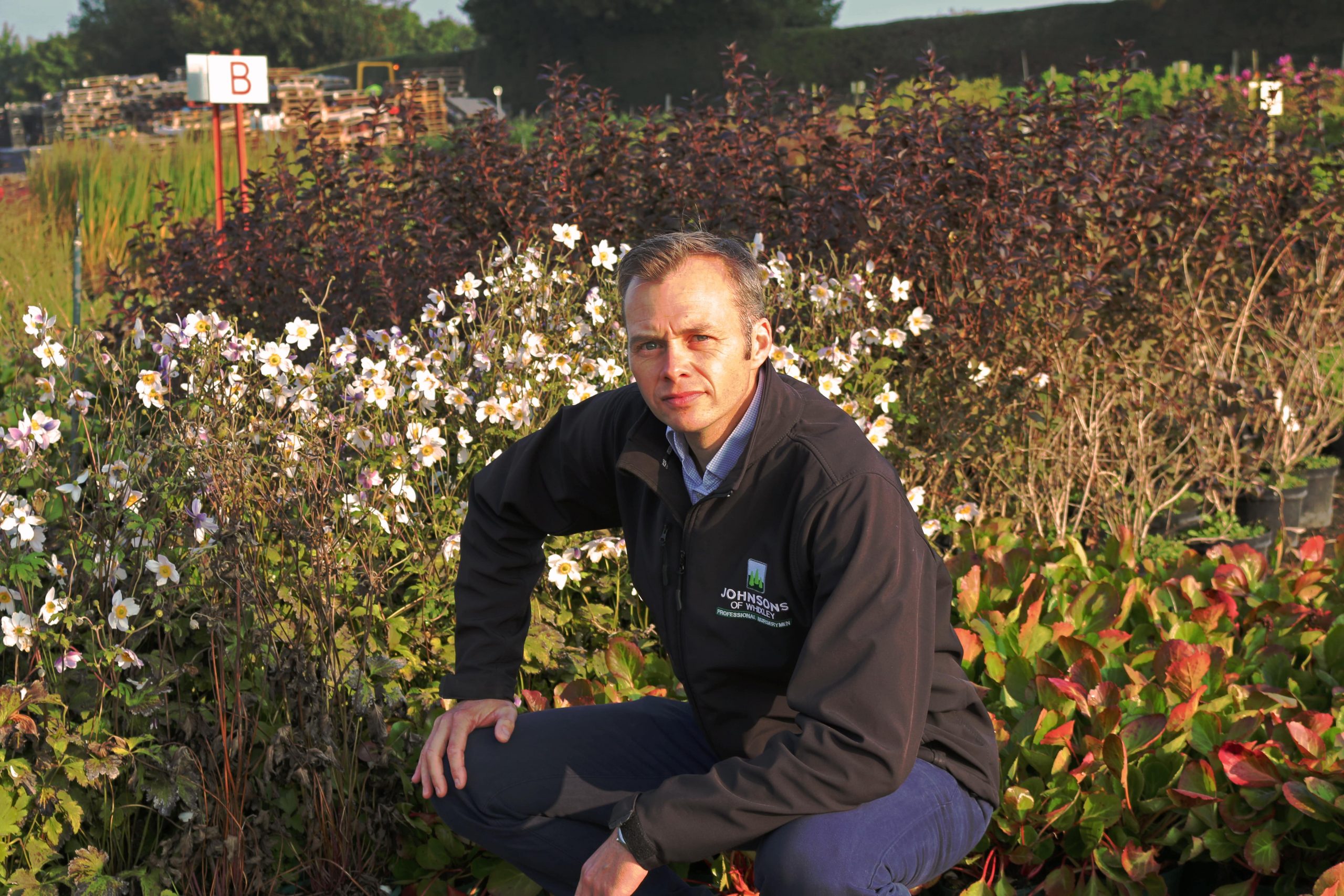A UK trade association has launched a campaign calling for the Government to negotiate a plant health agreement between the UK and the EU that will enable the multi-billion pound sector to boost the nation’s economic growth and fuel international trade post-Brexit.
Highlighting additional and excessive regulations forced on the sector by Defra, Let Britain Grow has been set up by the Horticultural Trades Association (HTA) and supported by VBN, the Association of Dutch Flower Auctions.
It signposts the opportunities that European trade offers and call for an agreement that will remove current barriers and help mitigate the rising costs that are hampering trade.

Last year, plants fell under the same category as weapons of mass destruction, torture equipment, explosives, and arms, when they were included in the list of controlled goods by the UK Government.
Although the classification was removed, the disproportionate requirements for pre-notification and import inspections remain.
Trade is currently being obstructed by the increase in time and costs for businesses in importing plants and trees into the UK.
In January, controls were imposed on plant border movement, adding layers of complex and lengthy pre-notification, certificates, and inspections.
Meanwhile, checks and fees will not be required for most other sectors until 2022, such as the importation of products of animal origin, like dairy and sausages.
The UK brings in £400m-worth of plants and plant material, such as seedlings, cuttings, and young starter plants every year.
Meanwhile, small businesses that operate on tight overheads are facing disproportionate additional costs.
Commercial grower members are reporting an extra cost of over £3,500 on average, per business, just on inspection fees and additional working hours alone.
James Barnes, Chairman of the HTA says: “This is the biggest single non-tariff barrier to trade in the history of our industry.
“We all support having a robust biosecurity regime, but the UK Government needs to get a better balance on the regulations and restrictions, which are limiting responsible trade.
“The spiralling staff hours to administer the paper mountain, inspection fees, phytosanitary certificates, and cost increases amounts to £25m-£30m.
“We are speaking with the Government, but they are not reacting.
“We need to trade more freely if we are to open up our industry to the economic powerhouse it can be and work on a plant health agreement that instils recognition and trust and remove the green tape.
“Let Britain Grow is a chance for the government to get behind an industry that has huge ambitions for growth.
“We have a real opportunity of developing a post-Brexit opportunity for increased trade in our sector and for the UK internationally.”
Eveline Herben of VBN, says the impact is causing some Dutch companies to think twice before doing business with UK horticulture businesses: “Since January 2021 trade to the UK has changed considerably with the new UK regulations adding in requirements for extra paperwork and physical inspections of all plants alongside time-consuming pre-notification and pre-export processes.
“This also leads to considerable extra costs.
“For some products, although artificially propagated and therefore previously exempt from extra requirements, you must also acquire an import permit – another lengthy process which adds up to exporters choosing not to export these products (like Cacti) to the UK anymore.”
A UK government spokesperson has said: “Now that the transition period has ended, our priorities are to maintain UK biosecurity; to keep trade as frictionless as possible; and to minimise new burdens on businesses.
“We are phasing in plant health controls over 15 months to give businesses time to adjust and we are working closely with them, providing extensive advice and support.”